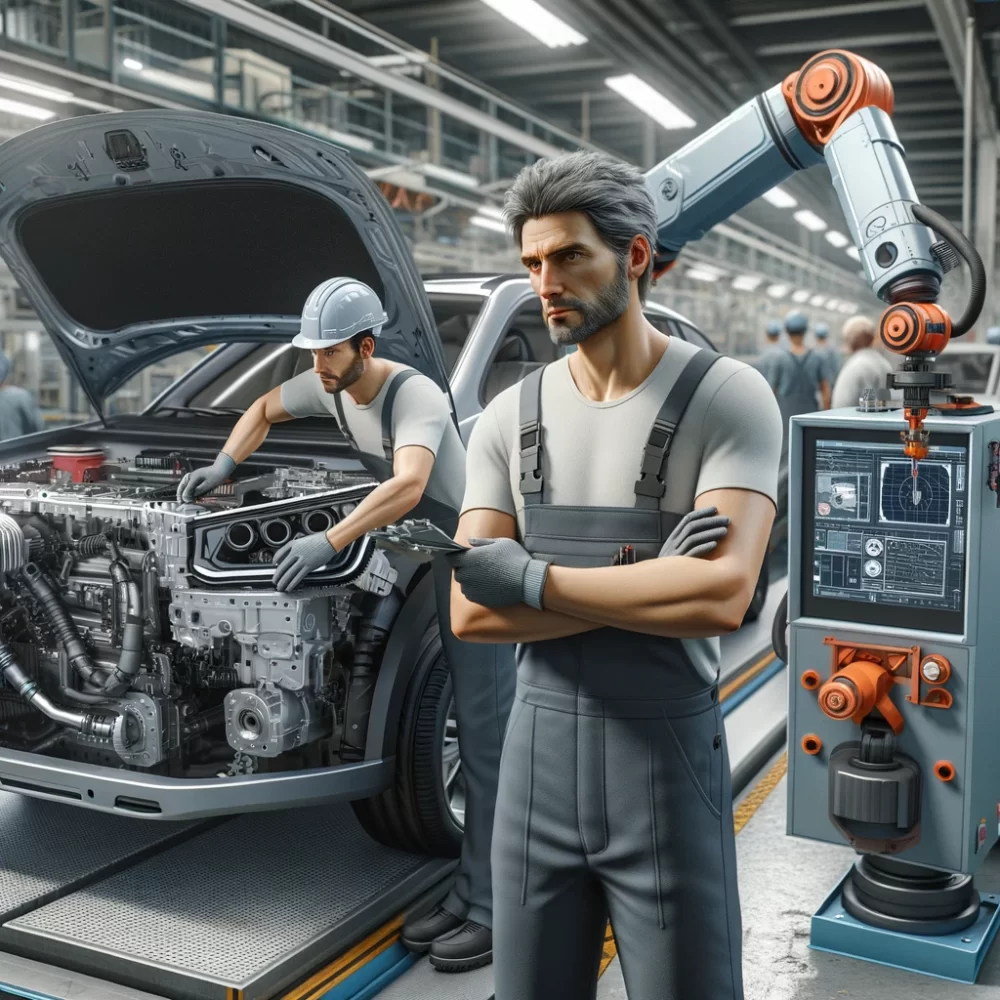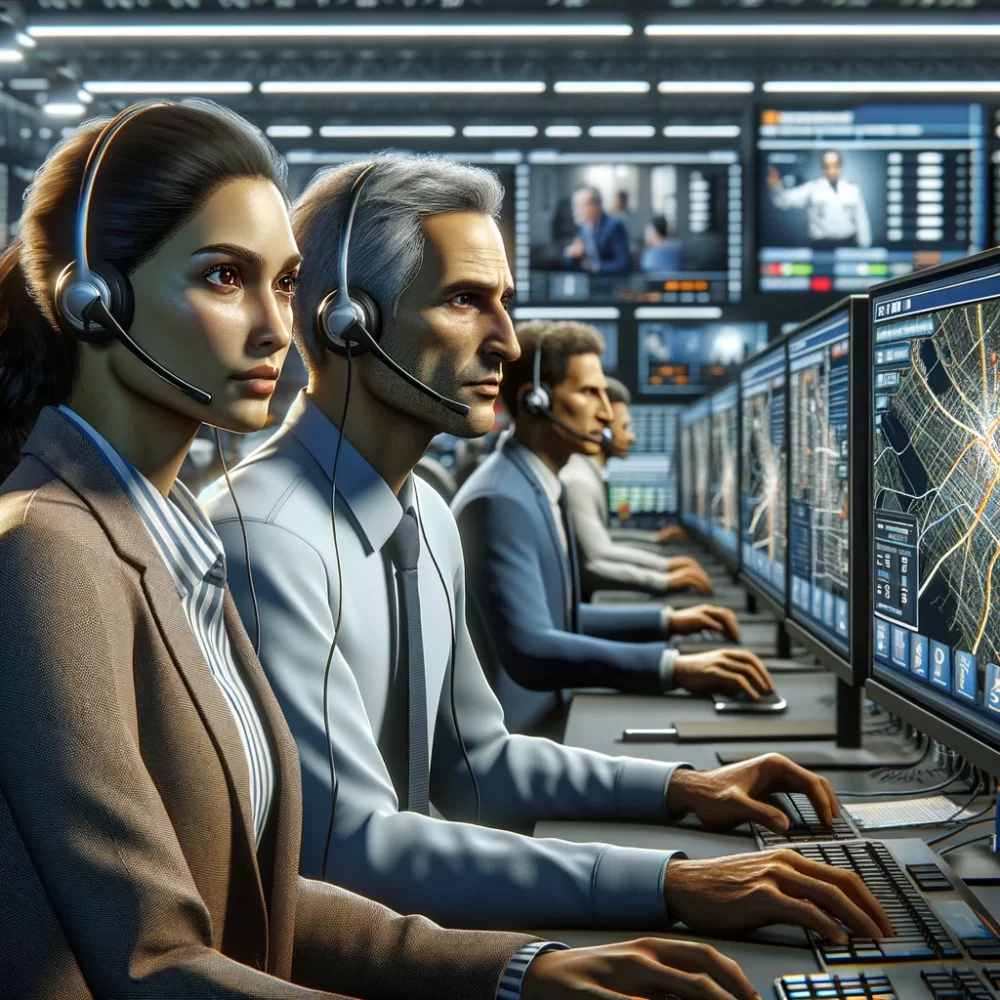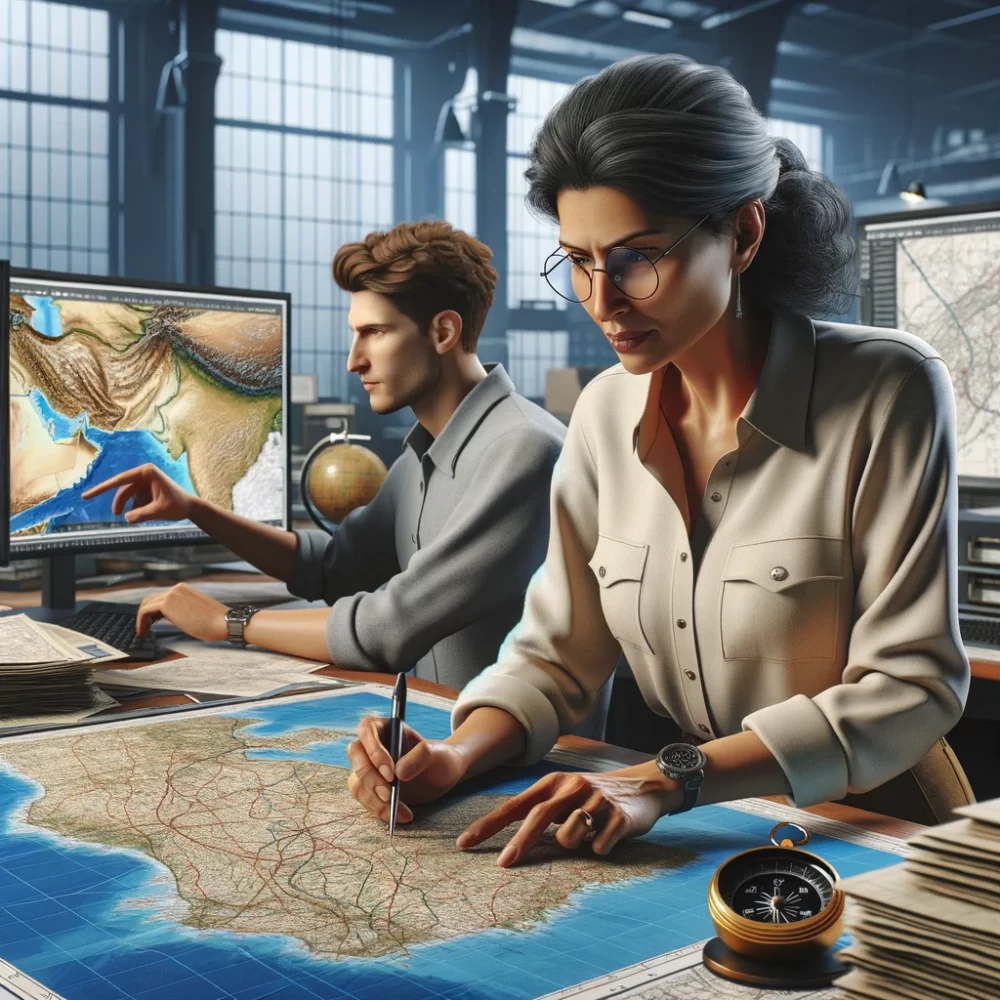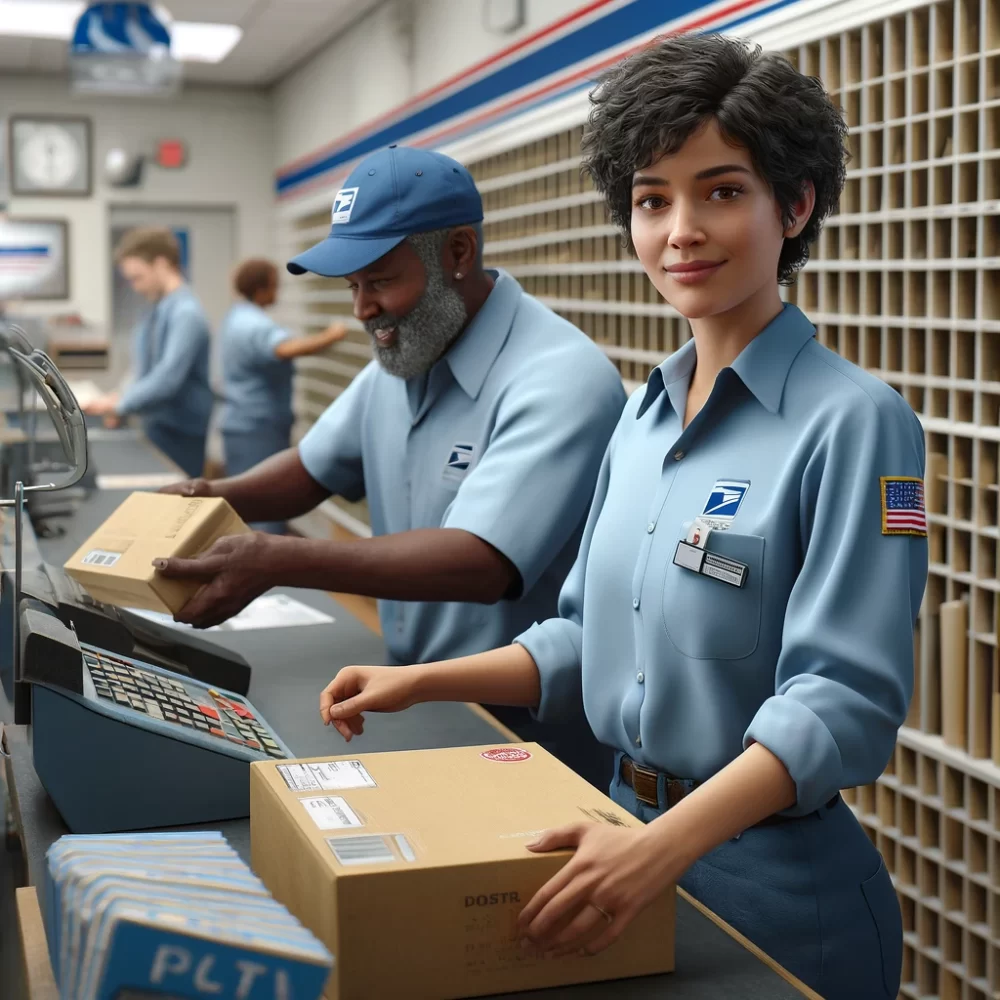In our fast-paced, tech-driven world, robots and AI are not just the stuff of sci-fi anymore; they’re part of our daily lives and they’re reshaping the job market dramatically. As automation becomes more sophisticated, it’s shaking up the workplace—some jobs are changing, while others are disappearing entirely. Curious about which jobs are on the automation chopping block? Let’s look into these eleven professions where humans are increasingly competing with machines.
1. Paralegals

Paralegal professions are increasingly impacted by AI and automation technologies, particularly through advanced software capable of performing legal research, document review, and data analysis at speeds no human can match. These tools use machine learning algorithms to sift through thousands of documents, identifying relevant case law and precedents in a fraction of the time it would take a human.
While these technologies streamline operations and reduce the workload on human staff, they also shift the landscape for paralegals. The new focus for paralegals may involve more strategic tasks that require human insight, such as drafting intricate legal arguments, negotiating settlements, or preparing attorneys for courtroom appearances.
This shift suggests that while routine aspects of the paralegal’s role may be automated, the expertise and critical thinking skills they bring remain irreplaceable for now. Thus, paralegals need to adapt by enhancing their strategic legal skills and possibly integrating AI tools into their workflow to stay competitive and valuable in a transforming legal field.
2. Assembly Line Workers

Manufacturing jobs, particularly those on assembly lines, have been among the first to feel the impact of automation. Robots in factories are not new, but the sophistication of these machines is reaching new heights. They can perform tasks with precision and efficiency that humans simply cannot match, leading to faster production times and fewer errors.
As robots become more adept at handling complex tasks, the need for human assembly line workers continues to diminish. This shift not only affects job availability but also requires current workers to adapt by acquiring new skills that complement the automated technologies.
3. Insurance Underwriters

5. Bank Tellers

Automated teller machines (ATMs) and online banking have already reduced the need for bank tellers by allowing customers to perform many banking functions independently. AI further compounds this trend by enabling more sophisticated self-service platforms that can handle complex transactions traditionally performed by human tellers.
As banks continue to invest in technology to improve customer service and reduce costs, the role of the bank teller is becoming increasingly obsolete. This shift prompts a need for professionals in the banking sector to focus on advisory roles that require human judgment and relationship management.
6. Travel Agents

The convenience of online booking platforms and AI-driven travel assistants has significantly diminished the role of traditional travel agents. Travelers can now plan and book every aspect of their trips with the click of a button, from flights to accommodations to activities, often getting real-time recommendations tailored to their preferences.
While there remains a niche market for specialized travel services, the broad trend is towards automation, where sophisticated algorithms can handle travel arrangements more efficiently than humans. This change challenges travel agents to reinvent their roles, focusing more on bespoke travel experiences and specialized knowledge that machines cannot replicate.
7. Dispatchers

AI and automation are transforming dispatch operations in transportation and logistics. Automated dispatching systems use real-time data to optimize routes, predict maintenance needs, and manage fleets more effectively than human dispatchers. These systems can adapt quickly to changing conditions, such as traffic or weather, to ensure optimal operation.
This technological advancement reduces the need for human dispatchers, who traditionally played a crucial role in coordinating movements and managing logistical challenges. Workers in this field need to adapt by developing skills in managing and maintaining automated dispatch systems.
8. Cartographers

Cartography, the art and science of map-making, has seen significant transformations with the advent of AI and automation. Traditionally, cartographers would manually draft maps, requiring meticulous attention to detail and deep geographical knowledge.
Today, sophisticated software and satellite imaging can automate much of the map creation process. AI algorithms can analyze vast amounts of geographical data, generate accurate terrain models, and update maps in real time, tasks that once took cartographers weeks or months.
Despite these technological advances, the role of cartographers is evolving rather than disappearing. Modern cartographers now focus more on interpreting complex data and integrating various sources of geographic information systems (GIS) to create specialized maps.
For example, they might develop detailed environmental or demographic maps that require a nuanced understanding of both the data and the needs of the map’s users. Thus, while basic map-making becomes more automated, the demand for high-level analytical and interpretive skills in cartography continues to grow.
9. Farmers

Modern agriculture is seeing a significant shift towards automation with the introduction of drones, sensors, and machine learning models that can monitor crop health, manage fields, and even harvest crops with minimal human intervention. This technology can optimize agricultural practices, reduce costs, and increase yields.
The traditional role of farmers is changing, requiring them to become proficient in technology and data analysis to stay relevant in a rapidly evolving industry. While automation can enhance efficiency, the personal knowledge and experience of farmers remain valuable in managing the unpredictable elements of agriculture.
10. Librarians

As digital databases and automated search systems become more advanced, the traditional role of librarians—as custodians of information—is under threat. Many libraries are now equipped with systems that allow patrons to search for and check out materials without human assistance, automating what was once a core function of librarians.
However, librarians are finding new relevance by transitioning into roles that focus on digital literacy, information curation, and community programs that leverage their expertise in ways that automated systems cannot replicate.
11. Postal Workers

The rise of automated sorting and delivery processes, including the use of drones and robots for mail delivery, is reshaping the postal industry. Automated systems can sort and route mail faster and more accurately than human workers, leading to a decrease in demand for traditional postal jobs.
Postal workers are facing the necessity to adapt to new technologies or transition into roles that require a human touch, such as customer service or logistics management, where their experience and personal skills can be put to good use.
Navigating the Future with AI

As we zoom into a future intertwined with AI, it’s clear that the landscape of work is transforming before our eyes. While it’s a bit unnerving to see robots stepping into roles traditionally held by humans, this shift isn’t just a challenge; it’s a doorway to new opportunities.
By understanding the changes and upgrading our skills, we can find exciting ways to collaborate with technology, rather than compete against it. So, let’s buckle up and turn the rise of automation into an adventure of learning and growth. Remember, in the story of your career, you get to write the next chapter. Let’s make it a good one, full of innovation and forward thinking!
Read the full article here
















